Can men be sperm donors after death?
New study says opt-in posthumous donations are 'morally permissible'
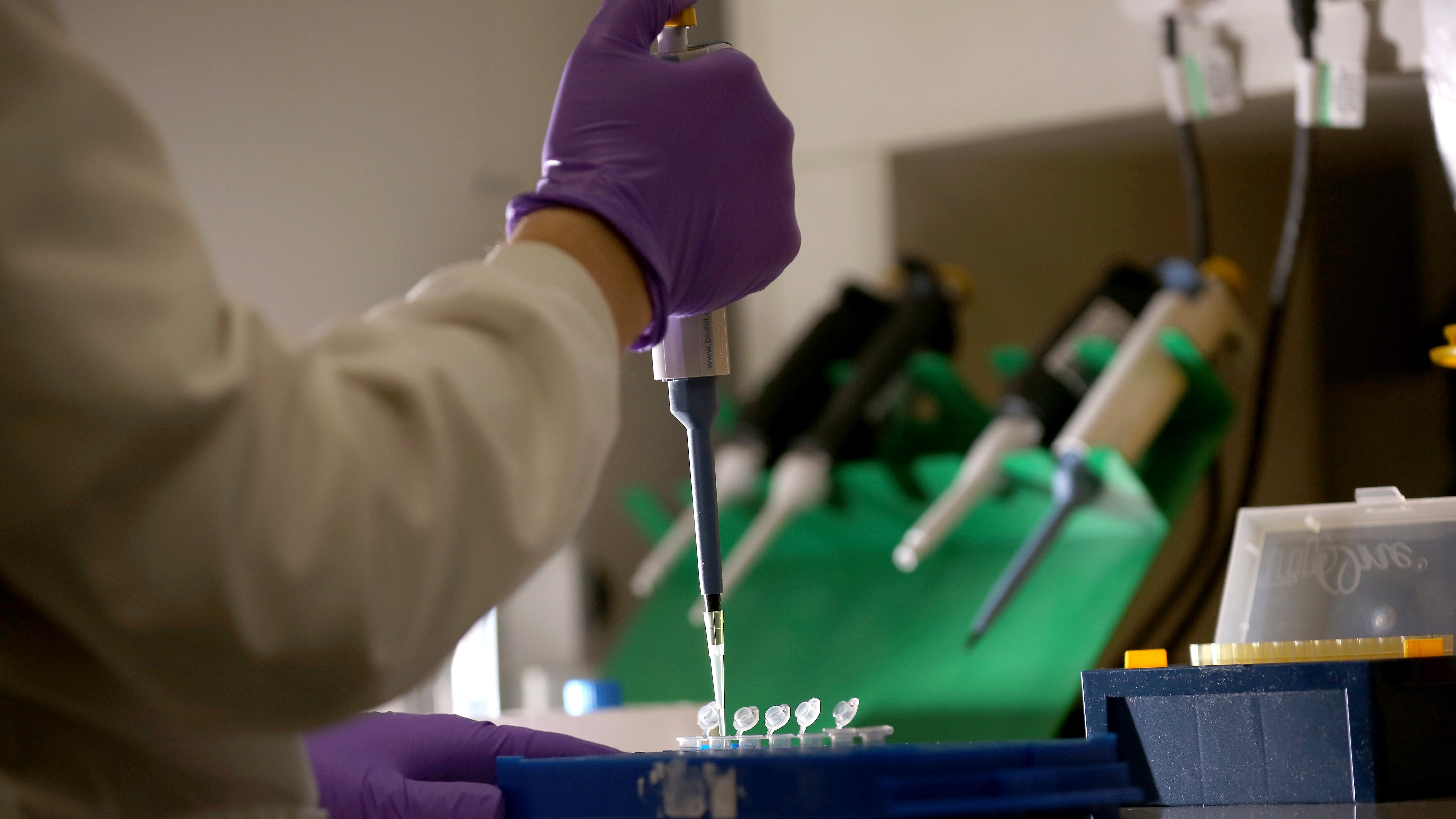
A free daily email with the biggest news stories of the day – and the best features from TheWeek.com
You are now subscribed
Your newsletter sign-up was successful
Men in the UK should be able to have their sperm donated to fertility clinics after they die, a new ethics study says.
A shortage of sperm donors in Britain has resulted in at least 7,000 foreign samples being imported each year to keep up with demand. Much of the sperm comes from donors in the Netherlands and US.
The new study, published in the Journal of Medical Ethics, claims that opt-in posthumous sperm donations could be a “morally permissible” way of increasing the stocks available.
The Week
Escape your echo chamber. Get the facts behind the news, plus analysis from multiple perspectives.

Sign up for The Week's Free Newsletters
From our morning news briefing to a weekly Good News Newsletter, get the best of The Week delivered directly to your inbox.
From our morning news briefing to a weekly Good News Newsletter, get the best of The Week delivered directly to your inbox.
“We know there is a shortage of sperm donors in the UK and this is one way to address the problem,” said doctor and ethicist Joshua Parker, one of the study’s authors. “We think it would be ethical to allow men to voluntarily donate their sperm to be used by strangers after they have died.”
–––––––––––––––––––––––––––––––For a round-up of the most important stories from around the world - and a concise, refreshing and balanced take on the week’s news agenda - try The Week magazine. Start your trial subscription today –––––––––––––––––––––––––––––––
Parker, along with Nathan Hodson, a doctor at the University of Leicester, argues that donations after death are not only “technically feasible”, but “ethically permissible”.
How would this work?
A free daily email with the biggest news stories of the day – and the best features from TheWeek.com
There are two technical procedures that allow sperm to be extracted after death. One requires the insertion of a rectal probe that is used to administer an electric shock to the prostate to stimulate ejaculation. The other requires the scrotum to be cut open to gain direct access to sperm cells.
A number of cases have shown that sperm taken from men in the days immediately after their death can be used to establish viable pregnancies and healthy children, says The Guardian.
In 2018, the paper says, “it emerged that a wealthy British couple harvested sperm from their son three days after he was killed in a motorcycle accident, in order to create the male heir. The family had the sperm frozen and shipped to the US, where it was used to create a male embryo that was carried to term by a surrogate mother.”
What would the benefits be?
According to the study’s authors, allowing donations from dead men would not only alleviate others’ suffering by addressing the shortfall, it would also increase the diversity of sperm available, which can be a problem for couples seeking sperm of a particular ethnicity.
A new posthumous donation system could also relieve the burden of living men who must abstain from ejaculating for days before making a deposit.
But Parker and Hodson concede that ethical issues remain a factor, citing the fact that sperm donation in Britain is not anonymous.
“We don’t know what the psychological impact would be on children born this way,” Parker said. “Some people who want donor sperm may see the fact that the donor has died as a good thing if they are concerned about the child having a future relationship with them.”
What has the reaction been?
Allan Pacey, professor of andrology at Sheffield University, said that while the proposal was well put forward, he “strongly disagreed” with it. “Given the distance we have travelled in terms of recruiting donors who are willing to be identified to donor-conceived people, it feels like a backward step to then recruit donors who are dead and therefore they will never have the opportunity to meet.
“I do feel very uncomfortable with the idea. I’d much rather that we invested our energy in trying to recruit younger, healthy, willing donors who stand a good chance of being alive when the donor-conceived person starts to become curious about them, and would have the opportunity to make contact with them without the aid of a spiritualist.”
But former sperm donor Jeffrey Ingold, from London, told the BBC that he thinks allowing donations after death could lead to more men becoming donors.
“I do not see how introducing a system that makes sperm donation similar to organ donation could be anything other than a good thing,” he said. “For me, donating sperm was never about my own genes or anything like that, but it was about helping friends in need.
“I also think that having this kind of process might go some way in challenging the stigma or preconceived ideas society has about sperm donation.”
-
 How the FCC’s ‘equal time’ rule works
How the FCC’s ‘equal time’ rule worksIn the Spotlight The law is at the heart of the Colbert-CBS conflict
-
 What is the endgame in the DHS shutdown?
What is the endgame in the DHS shutdown?Today’s Big Question Democrats want to rein in ICE’s immigration crackdown
-
 ‘Poor time management isn’t just an inconvenience’
‘Poor time management isn’t just an inconvenience’Instant Opinion Opinion, comment and editorials of the day
-
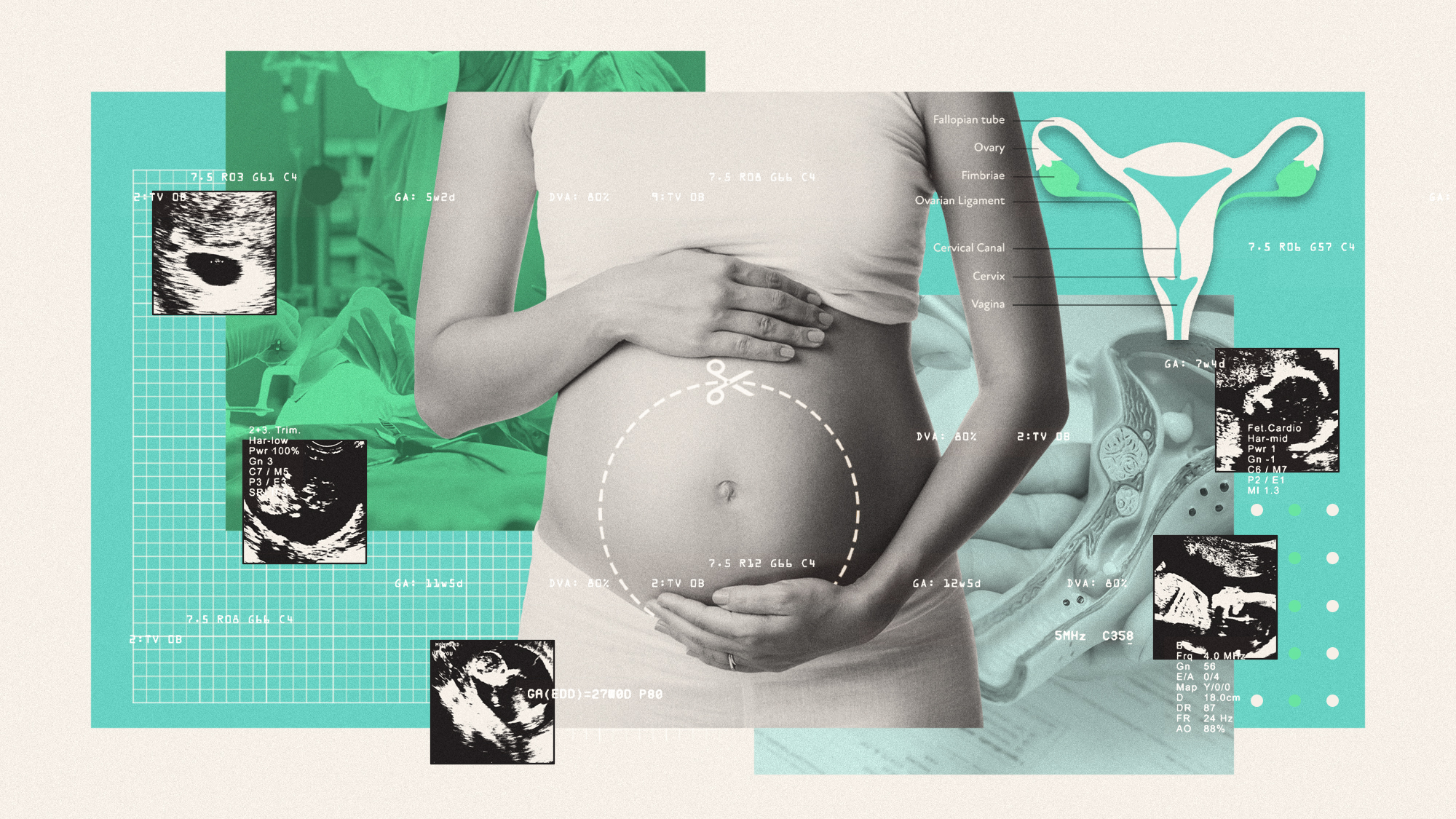 The UK's first baby born to woman with womb transplant
The UK's first baby born to woman with womb transplantThe Explainer 'Astonishing' medical breakthrough, the culmination of 25 years of research, could pave the way for more procedures to combat uterine infertility
-
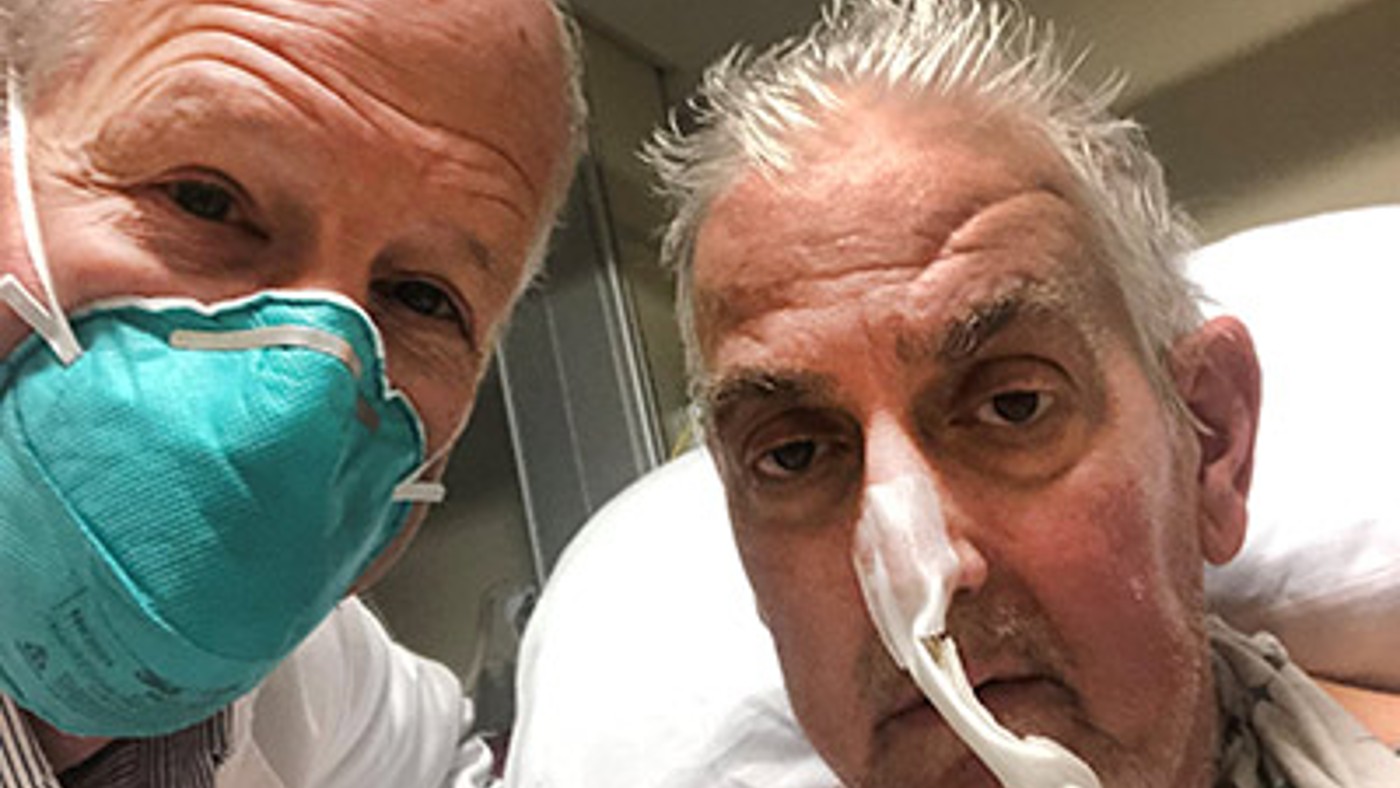 Does genetically modified pig heart transplant offer hope for acute organ shortage?
Does genetically modified pig heart transplant offer hope for acute organ shortage?feature World-first operation could make huge difference to thousands on transplant waiting list
-
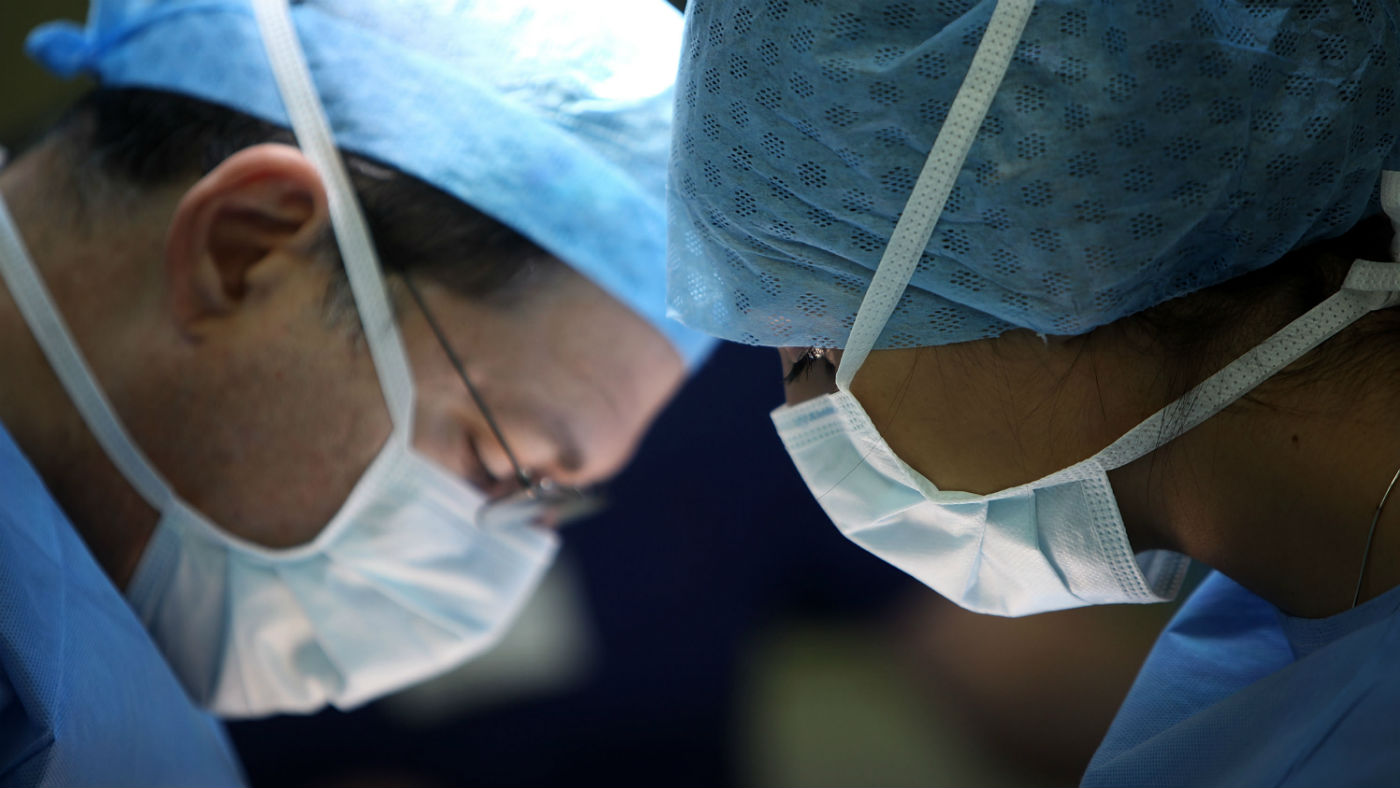 Organ ‘opt-out’ donation system in England by 2020
Organ ‘opt-out’ donation system in England by 2020Speed Read ‘Max’s Law’ could save 700 lives a year, says government
-
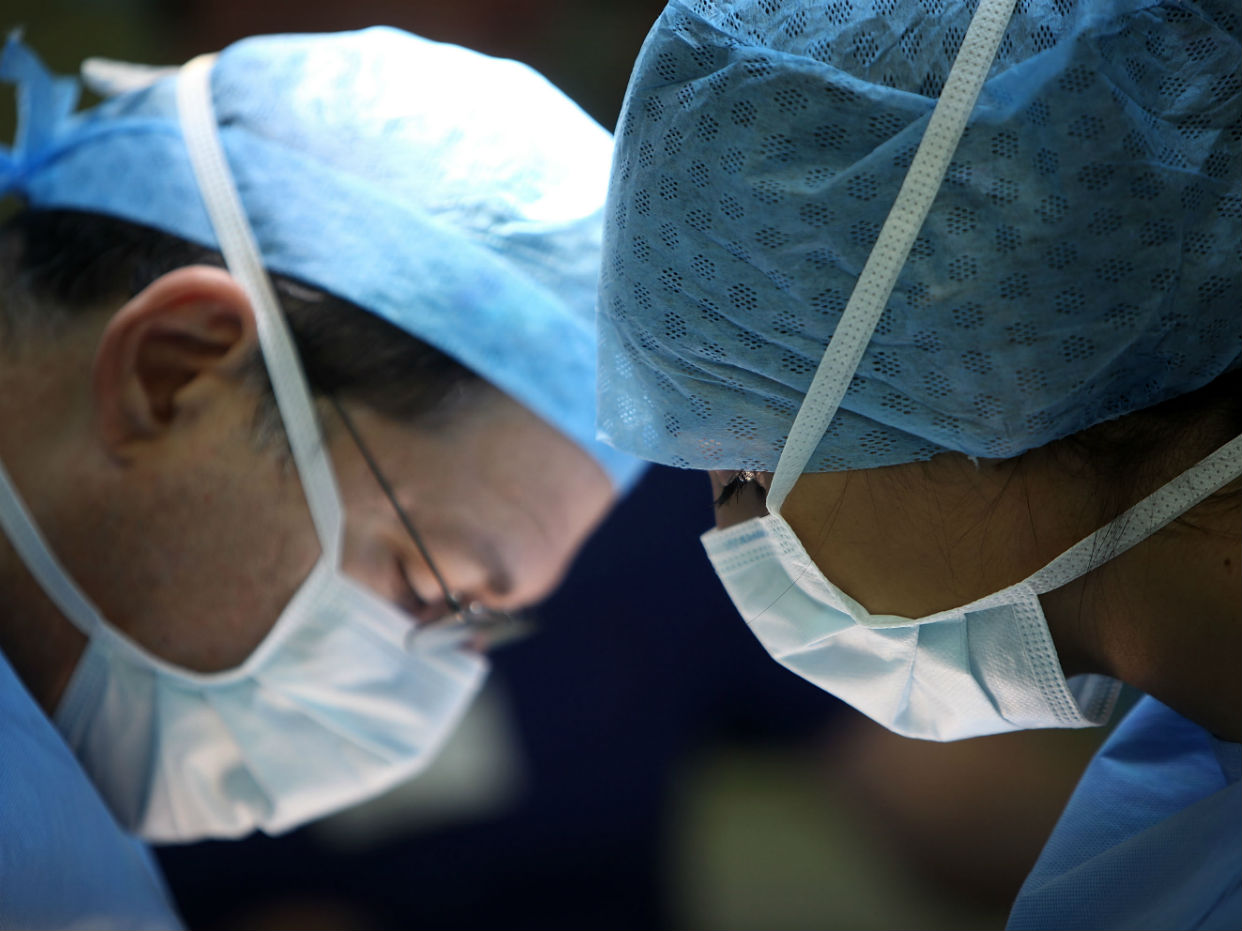 Organ donation could become ‘opt-out’
Organ donation could become ‘opt-out’Speed Read MPs to debate private members’ bill aimed at reducing transplant list deaths
-
 The pros and cons of 'opt out' organ donation
The pros and cons of 'opt out' organ donationPros and Cons Family refusal on the rise, due to 'ambiguity' of presumed consent legislation